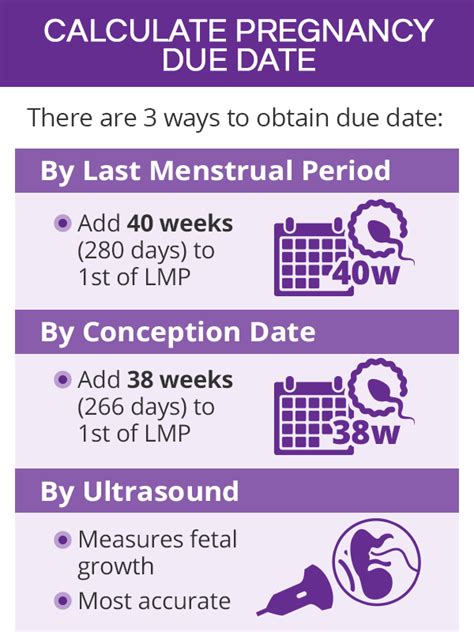Introduction

Low-density lipoprotein (LDL) cholesterol, commonly known as “bad cholesterol,” plays a crucial role in the development of cardiovascular diseases. Measuring LDL levels is essential for monitoring and managing heart health. While medical professionals often use millimoles per liter (mmol/L) to report LDL results, other countries prefer milligrams per deciliter (mg/dL). Understanding the conversion between these units is vital for accurate interpretation and comparison of test results.
Understanding LDL Levels
According to the American Heart Association, optimal LDL levels for adults are less than 100 mg/dL (2.6 mmol/L). Borderline high levels range from 100-129 mg/dL (2.6-3.3 mmol/L), while high levels are considered to be 130-159 mg/dL (3.4-4.1 mmol/L). Very high levels exceed 160 mg/dL (4.1 mmol/L).
Conversion Formula
To convert LDL levels from mmol/L to mg/dL, multiply the mmol/L value by 38.67. Conversely, to convert from mg/dL to mmol/L, divide the mg/dL value by 38.67.
Table 1: LDL Conversion Table
| mmol/L | mg/dL |
|---|---|
| 1.0 | 38.67 |
| 2.0 | 77.34 |
| 3.0 | 116.01 |
| 4.0 | 154.68 |
| 5.0 | 193.35 |
Implications of Elevated LDL Levels
High LDL levels increase the risk of developing:
- Coronary artery disease (CAD)
- Heart attack
- Stroke
- Peripheral artery disease
Strategies to Lower LDL Levels
Modifiable risk factors that can elevate LDL levels include:
- Unhealthy diet
- Sedentary lifestyle
- Obesity
- Smoking
- High blood pressure
- Diabetes
To lower LDL levels, healthcare providers may recommend:
- A heart-healthy diet low in saturated fat and cholesterol
- Regular exercise
- Weight management
- Quitting smoking
- Managing blood pressure
- Controlling diabetes
Medications for Lowering LDL Levels
Statins are commonly prescribed to lower LDL levels. Other medications may include:
- Ezetimibe
- PCSK9 inhibitors
- Bempedoic acid
Conclusion
Understanding the conversion between LDL mmol/L and mg/dL is crucial for interpreting and comparing test results. Elevated LDL levels are a major risk factor for cardiovascular diseases. Adopting healthy lifestyle habits and following healthcare provider recommendations can help lower LDL levels and improve heart health outcomes.
















